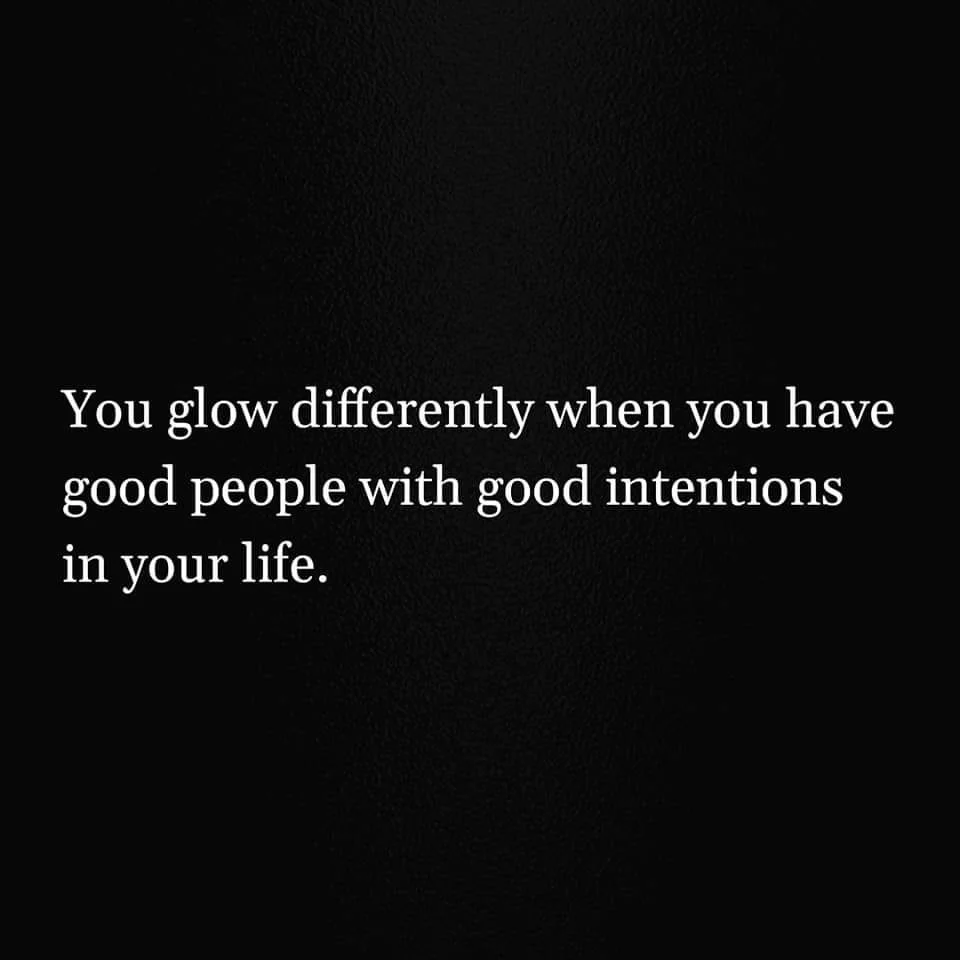The 4 types of habits
As I walked through the woods on a spring day, I felt the cool air on my face and saw the beautiful play of light and shade. Fully present in the moment, I enjoy the simple pleasure of the walk without worries or distractions.
But in another version of the same walk, my mind is consumed with worries. Disconnected from my surroundings and my body, my thoughts cause stress and anxiety.
We can develop unhealthy habits that take us away from the present moment and cause suffering. These habits can include behaviours that provide momentary relief but do not align with our deeper intentions.
Through mindfulness and life coaching practices and skills, we can change these habits with kindness, curiosity and acceptance.
There are four main categories of habits:
habits of wanting
habits of distraction
habits of resistance
habits of empowerment.
1 Habits of Wanting: These are habits that are focused on obtaining pleasure or avoiding pain. Examples include habits of overeating, addiction to social media or video games, and procrastination. Habits of wanting can be difficult to break because they are often associated with strong emotional and psychological desires.
2 Habits of Distraction: These are habits that involve avoiding unpleasant tasks or situations by engaging in activities that provide temporary relief or pleasure. Examples include watching TV or scrolling through social media instead of doing work, or drinking alcohol or using drugs to cope with stress or anxiety. Habits of distraction can be harmful because they can prevent us from addressing important issues or responsibilities in our lives.
3 Habits of Resistance: These are habits that involve avoiding or resisting change, either out of fear, insecurity, or a desire to maintain the status quo. Examples include avoiding new experiences or opportunities, refusing to listen to feedback or constructive criticism, or denying the need for personal growth or development. Habits of resistance can be limiting and prevent us from achieving our full potential.
4 Habits of Empowerment. These are habits that involve actively engaging in behaviours that are beneficial or productive, and contribute to our overall well-being and success. Examples include regular exercise, practicing good time management, setting and achieving goals, and cultivating positive relationships. Habits of doing can be powerful tools for personal growth and success, as they help us develop the skills and mindset needed to achieve our goals and fulfill our potential.
By approaching these habits with mindful awareness, we can break free from their grip and live in greater harmony with life.
An easier way to break free from old patterns
I have developed a process that is pretty helpful when it comes to changing habits. The reason for this is that habits are deeply ingrained in our subconscious minds, making them difficult to change on our own.
Where we discover and identify the underlying reasons behind our habits, which can be key to breaking free from them.
Ultimately, changing habits is a journey that requires effort and commitment, but having a supportive process can make the process feel more manageable and rewarding.
You can cultivate new habits and break free from old patterns, bringing more balance and harmony to your life.
Clients speak about working with David
“David Frank Gomes has a deep insight and realistic approach to what matters most. His clarity and extraordinary ability to get to the point make this work sustainable. I can’t recommend him enough for anyone who needs some change.”


